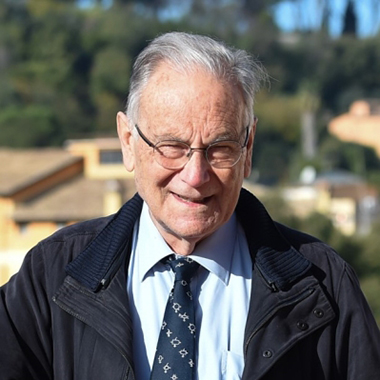My work of 40 years has been on ecological economics, comparative and statistical political ecology, and environmental justice. The Balzan Prize will help to consolidate the Atlas of Environmental Justice (www.ejatlas.org), my main occupation for the last ten years. Among the Balzan prizes there are very well-known economic and social historians, Ernest Labrousse, Carlo Ginzburg, Carlo Cipolla and Eric Hobsbawm. I am very honored to be in their comfortable company, and also that of younger colleagues like Manuel Castells and Bina Agarwal.
After studying economics in Barcelona, and agricultural economics in Oxford and Stanford in the early 1960s, I went back to St. Antony’s College of the University of Oxford for a decade-long research fellowship, until 1973. I wrote books on contemporary and historical agrarian issues in Andalusia, Cuba and Peru. After returning to Barcelona in 1975, my chair was in Economic History and Institutions at the Autonomous University of Barcelona. It was only in the early 1970s, influenced by economic anthropology, and mainly by Roy Rappaport’s 1968 book Pigs for the Ancestors (on the economy and religion of the Tsembaga Maring in Papua New Guinea), that I understood that agriculture could be seen as a system of transformation of energy. I published with J.M. Naredo some articles on the history of energy accounting (focusing on what Vernadsky and Engels thought on Podolinsky’s agricultural energetics of 1880). Despite being economists, we learnt to look at the economy from the point of view of the metabolic flows of energy and materials. We understood that the exosomatic use of energy (to use Lotka’s term of 1911) had grown enormously in rich countries because of the use of the «bottled» photosynthesis of the fossil fuels and not because of current photosynthesis. This was not the language of economics or even of economic history. This was the language of human ecology and the new field of ecological economics.
